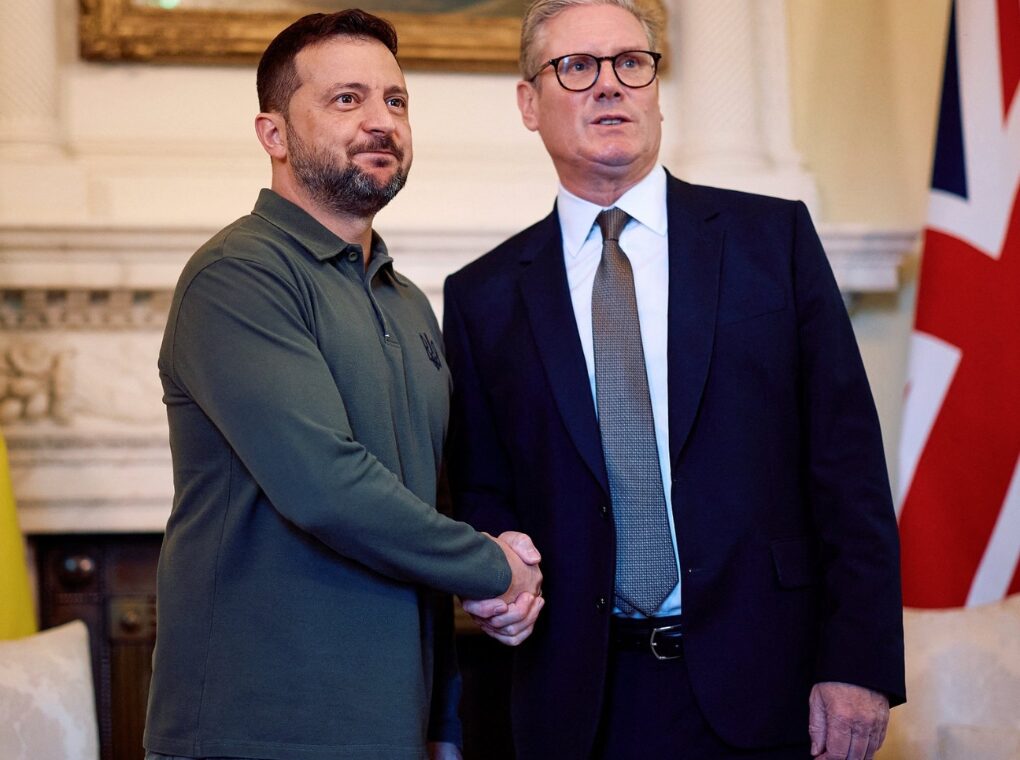Recently Russia has accused the United Kingdom and Ukraine of conspiring to stage a false-flag torpedo attack on a United States Navy vessel operating in the Baltic Sea. The startling allegations were issued by Russia’s Foreign Intelligence Service (SVR) on June 16, as reported by state media outlet TASS.
According to the SVR, Ukrainian special services—working in close coordination with British intelligence agency MI6—are preparing a deceptive operation aimed at framing Moscow for an attack against the US military. The SVR claims that this operation would simulate a Russian torpedo strike, using Soviet-era underwater weapons allegedly transferred from Ukrainian stockpiles to British operatives.
Alleged Plot Details Emerge
The SVR’s statement describes an elaborate scheme in which a Russian-made torpedo would be detonated at a safe distance from a US Navy ship, with one device intentionally malfunctioning and later displayed as “evidence” of Russian aggression. The goal, according to Moscow, is to create a fabricated incident that could deepen US involvement in the conflict and further isolate Russia diplomatically.
Another scenario reportedly involves the “accidental” discovery of Russian-made anchor mines in the Baltic Sea—an area of heightened military sensitivity—by Northern European allies of the UK and Ukraine. These mines would allegedly be presented as proof of Russian sabotage against international shipping routes.
“These provocations are meant to portray Russia as the aggressor,” the SVR said, accusing Ukraine and its Western allies of seeking to escalate the war, undermine diplomatic efforts, and manipulate Washington into ramping up military support to Kyiv.
No Evidence Presented
Russia did not present any concrete evidence to substantiate its claims. The Ukrainian government has not officially responded to the accusations as of this report, while the United Kingdom and the United States have also remained silent on the matter.
The Kremlin’s allegations come amid increasing Russian military activity in the region and follow a series of Ukrainian strikes deep into Russian territory, including attacks on strategic airfields and regions bordering Ukraine such as Bryansk and Kursk.
Echoes of the Nord Stream Controversy
This latest accusation follows a pattern of mutual suspicion and claims of sabotage. Russia had previously blamed Ukraine for the 2022 explosion of the Nord Stream gas pipeline and accused Western intelligence agencies of covert subversive actions in the Baltic, including damage to undersea cables connecting Finland, Germany, Sweden, and Lithuania—charges strongly denied by NATO member states.
In a separate claim, the SVR alleged that British intelligence had supported Ukrainian operatives in carrying out recent attacks on Russian railways and military infrastructure.
Russia’s “Peace” Conditions Raise Eyebrows
While making these accusations, Moscow has continued to express interest in ceasefire talks—though with conditions widely seen as unrealistic by Kyiv and its allies. Russia is demanding that Ukraine dismantle all Western-supplied weapons, withdraw and demobilize its forces, and recognize Russia’s annexation of Crimea and parts of four other occupied regions: Donetsk, Luhansk, Zaporizhzhia, and Kherson.
Russian Deputy Foreign Minister Alexander Grushko stated in an interview on June 16 that all Western-provided arms in Ukraine must be “destroyed” to prevent them from ending up on black markets, calling continued military aid to Kyiv “reckless.”
Kyiv Rejects “Ultimatum”
Ukrainian President Volodymyr Zelensky has firmly rejected Moscow’s terms, labeling them an outright ultimatum. In a recent interview, he disclosed that even Russian negotiators acknowledged Ukraine was unlikely to accept such demands. Kyiv continues to demand the full restoration of its territorial integrity and an end to Russian occupation as a precondition for any durable peace.
Rising Tensions and Fear of Escalation
With battlefield dynamics evolving rapidly and diplomatic efforts faltering, fears are mounting that such allegations—whether true, false, or exaggerated—could lay the groundwork for further military escalation or international entanglement.
As global focus remains split due to ongoing crises elsewhere, including the intensifying Israel-Iran conflict, the specter of a broader confrontation involving NATO and Russia in the Baltic region raises troubling questions about the stability of Europe’s security architecture.
Neither Washington nor London has commented on the Russian claims at the time of writing, but analysts warn that such rhetoric—regardless of its veracity—could signal a new phase in the information and hybrid warfare characterizing the Ukraine conflict.
